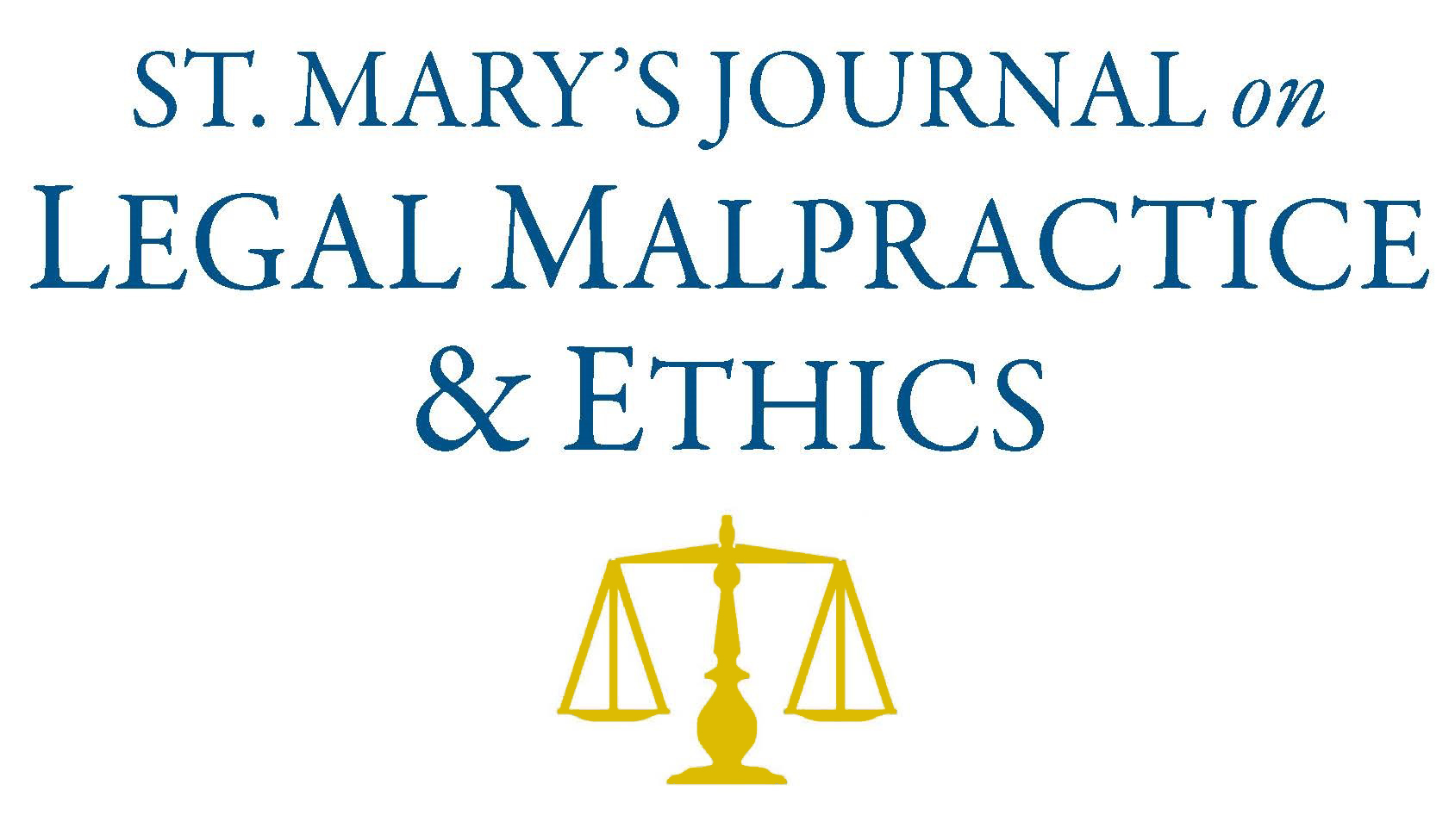
First Page
254
Date Created
6-30-2022
Publisher
St. Mary's University School of Law
Editor
Bailey Rider
Last Page
282
Abstract
There is a growing scholarly literature on the professional development and formation of law students into the core values, guiding principles, and well-being practices considered foundational to successful legal practice.* This growing scholarly literature can guide effective curriculum development to foster student growth toward later stages of development on these learning outcomes. This Article focuses on the skill of reflection as one of the most effective curricular strategies to foster each student’s growth toward later stages of these learning outcomes. This same curricular strategy will also be effective in engaging practicing lawyers to grow toward these same goals. Part II of the Article analyzes the available empirical studies on the importance of the skill of reflection for professional development and formation of new entrants into a profession. Part III focuses on medical education’s experience to build framework of observable activity on the skill of reflection. Part IV presents a Milestone Model on the skill of reflection. Part V of the Article provides a grading rubric for individual reflection writing assignments. Part VI discusses why guided reflection at key transition points for law students with a coach is the most effective curriculum.
* For example, see NEIL HAMILTON & LOUIS BILIONIS, LAW STUDENT PROFESSIONAL DEVELOPMENT AND FORMATION: BRIDGING LAW SCHOOL, STUDENT, AND EMPLOYER GOALS (2022). This book defines the four major PD&F goals to include:
- ownership of continuous professional development toward excellence at the major competencies that clients, employers, and the legal system need;
- a deep responsibility and service orientation to others, especially the client;
- a client-centered problem-solving approach and good judgment that ground each student’s and lawyer’s responsibility and service to the client; and
- well-being practices.
Id. at 1–2. Holloran Center has published substantial earlier research on formation of law student professional identity. See Holloran Research on Professional Formation, Univ. St. Thomas, https://www.stthomas.edu/hollorancenter/holloranresearchonprofessionalformation/ [https://perma.cc/9NR2-REVJ].
Recommended Citation
Neil W. Hamilton,
The Foundational Skill of Reflection in the Formation of a Professional Identity,
12
St. Mary's J. on Legal Malpractice & Ethics
254
(2022).
Available at:
https://commons.stmarytx.edu/lmej/vol12/iss2/2
Included in
Education Commons, Legal Education Commons, Legal Ethics and Professional Responsibility Commons, Legal Profession Commons

